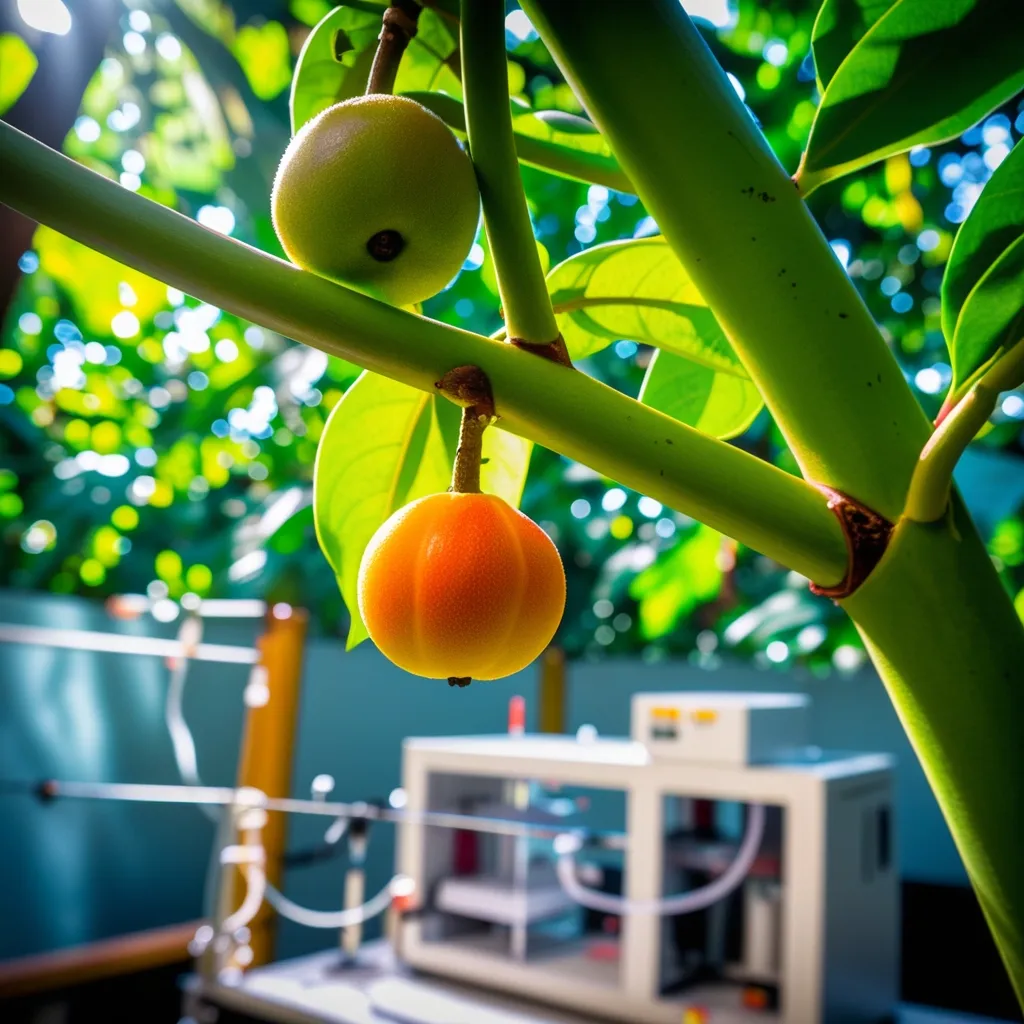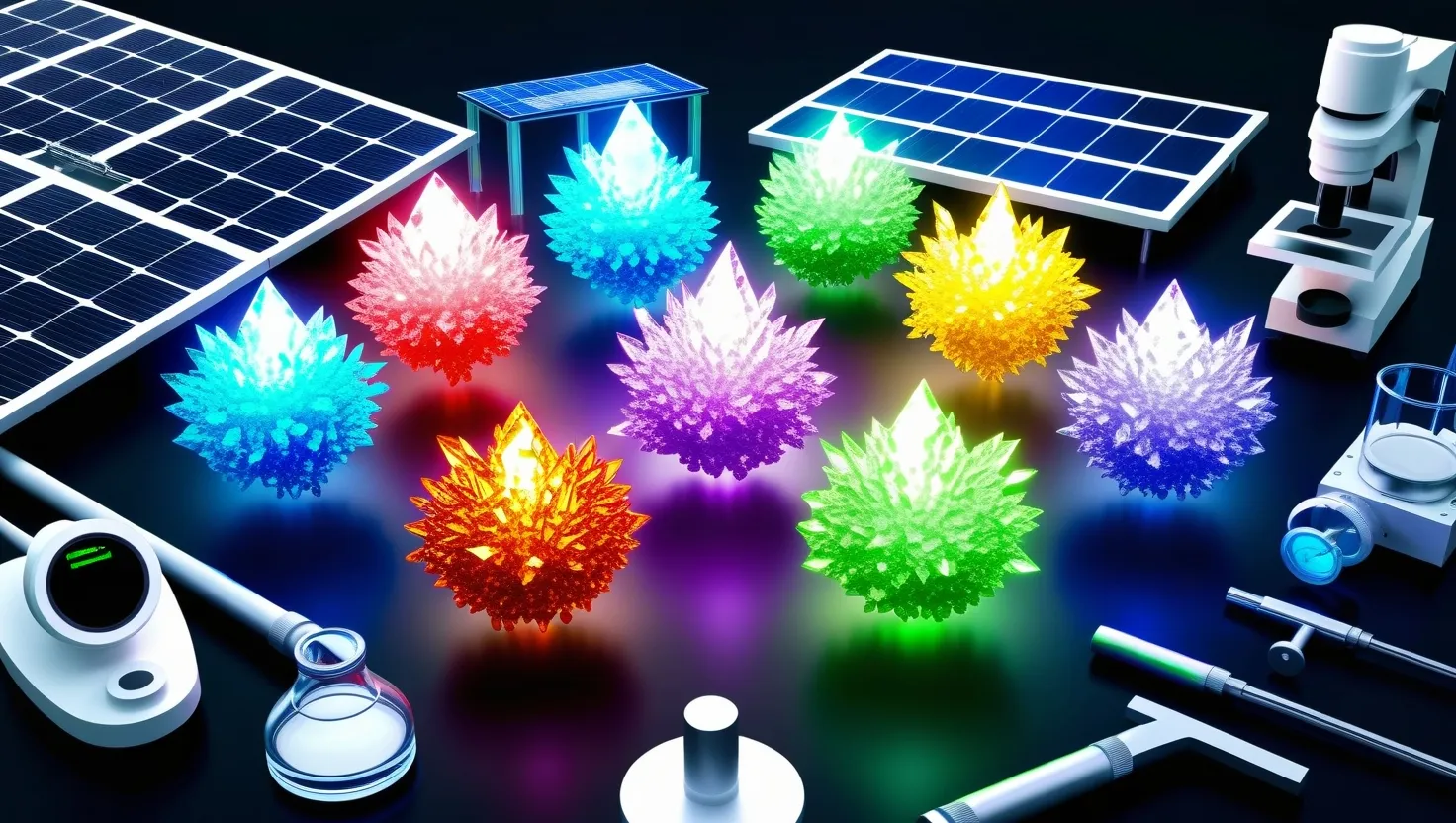Brazzein: The Sweet Revolution in Natural Sweeteners
In the world of food and beverages, a quiet revolution is taking place. It’s all about finding that perfect sugar substitute that doesn’t compromise on taste or health. Enter brazzein, a protein-based sweetener that’s shaking up the industry and making waves among health-conscious consumers.
So, what’s the big deal about brazzein? Well, imagine biting into your favorite dessert or sipping on a refreshing drink, knowing it’s naturally sweet but without the guilt of added sugar. Sounds too good to be true, right? But that’s exactly what brazzein promises.
This little powerhouse of sweetness comes from the fruit of a West African plant called Pentadiplandra brazzeana. It’s not just any sweetener – it’s a protein that packs a punch 500 to 2000 times sweeter than regular sugar. That’s some serious sweetness in a tiny package!
What makes brazzein stand out in the crowded world of sweeteners is its resilience. This tough cookie can withstand high temperatures and doesn’t lose its sweetness even when things get hot in the kitchen. It’s like the superhero of sweeteners, maintaining its integrity across different pH levels. This makes it a dream come true for food manufacturers who’ve been pulling their hair out trying to find a sweetener that doesn’t fall apart during processing.
But how does it work its magic on our taste buds? Brazzein has a special relationship with our sweet taste receptors. It tickles them just right to give us that sweet sensation we crave. The best part? Unlike sugar, it doesn’t send our insulin levels on a rollercoaster ride. This is fantastic news for people with diabetes or anyone keeping an eye on their blood sugar.
Now, you might be wondering where you can get your hands on this wonder sweetener. Well, that’s where things get a bit tricky. The plant it comes from isn’t exactly growing in everyone’s backyard. But don’t worry – clever scientists have found a way around this. They’re using bioengineering to produce brazzein in labs, using microorganisms or even common plants like maize and lettuce. It’s like farming, but on a microscopic level!
Let’s talk about the elephant in the room – health. We’re all trying to cut down on sugar, right? Brazzein could be a game-changer in the fight against obesity and related health issues. Imagine satisfying your sweet tooth without piling on the calories. And unlike some artificial sweeteners that can mess with your gut bacteria (hello, tummy troubles!), brazzein seems to play nice with our digestive system.
But this isn’t just all theory and lab coats. Brazzein is already making its way into real products. There’s a company called Oobli that’s launched brazzein-sweetened drinks like lemonade and iced tea. People are loving them because they taste naturally sweet without that weird aftertaste you sometimes get with artificial sweeteners. To make it feel more like sugar in your mouth, some clever folks are mixing brazzein with other natural ingredients like erythritol.
Now, I know what you’re thinking – is it safe? Well, the good news is that scientists have been poking and prodding at brazzein for a while now. They’ve run it through all sorts of tests, and so far, it’s passing with flying colors. No signs of toxicity, no funky mutations, no cancer risks, and it doesn’t seem to trigger allergies. Even the FDA has given it the thumbs up, which is a pretty big deal in the world of food additives.
From a consumer’s perspective, brazzein is like finding the holy grail of sweeteners. It’s natural, it’s effective, and it doesn’t come with the baggage of artificial sweeteners. Just picture sipping on a sweet, refreshing lemonade on a hot summer day, knowing that you’re not downing a day’s worth of sugar in one gulp. That’s the kind of guilt-free indulgence we’ve all been dreaming of.
But let’s keep it real – brazzein isn’t the end-all and be-all of sweeteners. The search for the perfect sugar substitute is still ongoing. Everyone’s taste buds are different, and what works for one person might not work for another. Plus, we’re still learning about how brazzein affects different groups of people, like kids or pregnant women, in the long term.
Speaking of the future, brazzein is just one piece of a bigger puzzle in the world of sweeteners. As we become more health-conscious and savvy about what we put in our bodies, the demand for natural, low-calorie sweeteners is only going to grow. Brazzein is leading the charge, showing us that we can have our cake and eat it too – without the sugar crash.
It’s not just about satisfying our sweet tooth, though. The implications of a widely available, natural, zero-calorie sweetener like brazzein are huge. Think about the impact on public health if we could significantly reduce sugar consumption without people feeling like they’re missing out. It could be a game-changer in tackling obesity, diabetes, and other diet-related health issues that are plaguing our society.
But let’s bring it back to the everyday stuff. Imagine walking into your favorite coffee shop and being able to order a sweet, creamy latte that tastes just as good as the sugar-laden version, but without the calorie guilt. Or picking up a can of soda that gives you that sweet fizzy hit without sending your blood sugar through the roof. That’s the kind of future brazzein is helping to build.
Of course, like any new food technology, there are challenges to overcome. Scaling up production to meet potential global demand is no small feat. There’s also the task of educating consumers about this new sweetener and convincing them to give it a try. After all, we’ve all been burned before by artificial sweeteners that promised the moon but delivered a mouthful of disappointment.
But here’s where brazzein has an edge – it’s natural. In a world where “natural” and “clean label” are becoming more important to consumers, brazzein fits right in. It’s not cooked up in a lab from chemicals we can’t pronounce. It comes from a fruit, albeit one most of us have never heard of before.
As we look to the future, it’s exciting to think about the possibilities brazzein opens up. Could we see a new wave of guilt-free desserts that taste just as good as the real thing? Might we finally have low-calorie ice cream that doesn’t taste like sadness in a cone? The potential is there, and food scientists and chefs are no doubt already dreaming up new creations.
But it’s not just about indulgence. Brazzein could play a crucial role in making healthier foods more palatable. Let’s face it, sometimes “healthy” food tastes about as exciting as cardboard. With brazzein, we might be able to make nutritious foods more appealing without adding tons of sugar or artificial sweeteners.
As we wrap up this sweet journey through the world of brazzein, it’s clear that we’re standing on the brink of a sweetener revolution. From its humble origins in the forests of West Africa to potential worldwide use, brazzein represents more than just a new way to sweeten our food and drinks. It’s a symbol of how science and nature can come together to solve some of our biggest health challenges.
In a world where we’re constantly bombarded with health warnings about sugar and artificial sweeteners, brazzein offers a glimmer of hope. It’s a reminder that with innovation and perseverance, we can find solutions that don’t force us to choose between health and enjoyment.
So, the next time you’re reaching for that sugar packet or artificial sweetener, think about brazzein. It might not be in your local supermarket just yet, but it’s on its way. And when it arrives, it might just change the way we think about sweetness forever. Who knows? In a few years, we might all be sprinkling a bit of brazzein in our morning coffee, enjoying that sweet taste without a side of regret.
The sweet revolution is here, and its name is brazzein. Are you ready to join?






